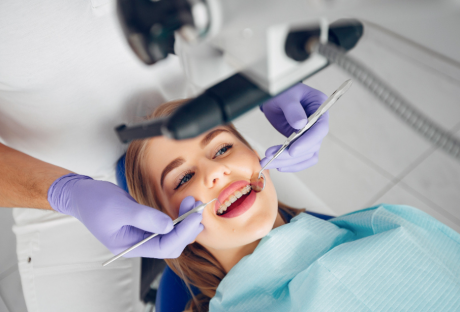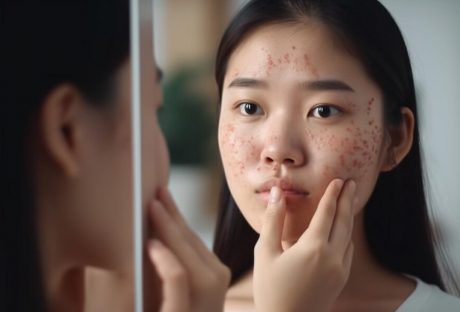A pioneering approach has emerged in the quest for enhanced mental well-being, bringing fresh hope to those grappling with mental health challenges. This innovative avenue, known as Neurofeedback Therapy, is rapidly reshaping the landscape of mental healthcare. Through the integration of technology and neuroscience, this therapy is paving the way for a future where mental well-being can be nurtured remotely.
Navigating The Neurofeedback Therapy Process: Remote Connectivity:
This remote neurofeedback therapy revolves around an intriguing process that hinges on the connection between technology and the human brain. In this therapeutic journey, individuals are seamlessly linked to specialized equipment capable of capturing their brainwave activity. Skilled professionals then meticulously analyse this real-time data, allowing for a deep understanding of individual brain patterns. Observing these patterns remotely will enable individuals to engage in brain exercises to regulate their brain waves toward healthier patterns. This iterative process of self-regulation is at the core of this therapy’s transformative potential.
Unveiling The Benefits Of The Therapy:
The benefits of this healing procedure are manifold, offering a glimpse into a future where mental health support can be accessed from a distance. Anxiety, a prevalent mental health concern, finds a potential remedy remotely. Individuals grappling with anxious feelings can embark on a journey of self-regulation as they learn to modulate brainwave patterns associated with anxiety, fostering resilience in the face of stressors.
This also holds promise in managing attention-deficit/hyperactivity disorder (ADHD). This common neurodevelopmental disorder often disrupts focus and impulse control. However, with the guidance of professionals, individuals, particularly children, can remotely engage in brain exercises that contribute to improved concentration and impulse management.
The impact of this therapy extends to the realm of sleep disorders as well. Insomnia, a prevalent concern in today’s fast-paced world, can be addressed through targeted brainwave training. Individuals may find relief from sleepless nights by remotely engaging in exercises that encourage the brain to enter states conducive to restful sleep.
Furthermore, this therapy’s potential for remote assistance shines brightly for those on the autism spectrum. It can facilitate the development of emotional regulation and communication skills, enriching social interactions and fostering a sense of connection.
Embracing The Future: The Therapy’s Promise:
As technology continues its rapid evolution, the prospects for this therapy become even more promising. The fusion of technology, neuroscience, and remote accessibility could lead to an era where individuals can actively participate in their mental well-being journeys from the comfort of their own spaces. The potential for remote therapy applications, accessible through digital platforms, could democratize mental health support, making it available to a broader range of individuals regardless of geographical constraints.
Summing It Up: A Future Redefined:
The emergence of remote neurofeedback therapy underscores the evolution of mental health support. Individuals can embark on a transformative journey toward enhanced mental well-being through the synergy of technology and neuroscience. The process, rooted in remote connectivity, offers a means to self-regulate brainwave patterns and attain a more balanced mental state. With benefits spanning anxiety management, ADHD support, sleep disorder alleviation, and autism assistance, the therapy paves the way for a future where mental well-being can be nurtured remotely. As technology paves the way, a new era dawns, redefining the possibilities of mental health enhancement and accessibility.
Read Also:
- 10 healthy Habits to improve your health
- How To Take Care Of Your Mental Health
- Living Healthily | Six Crucial Lifestyle Tips for College Freshmen























